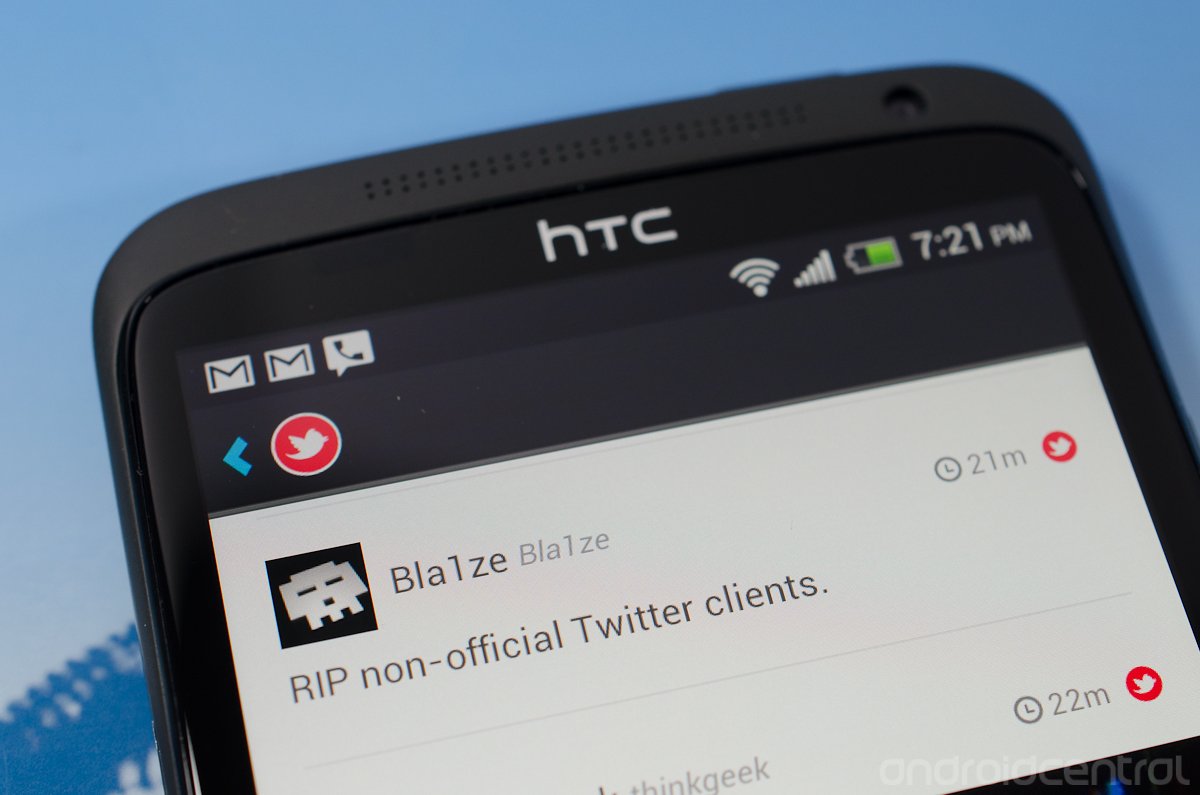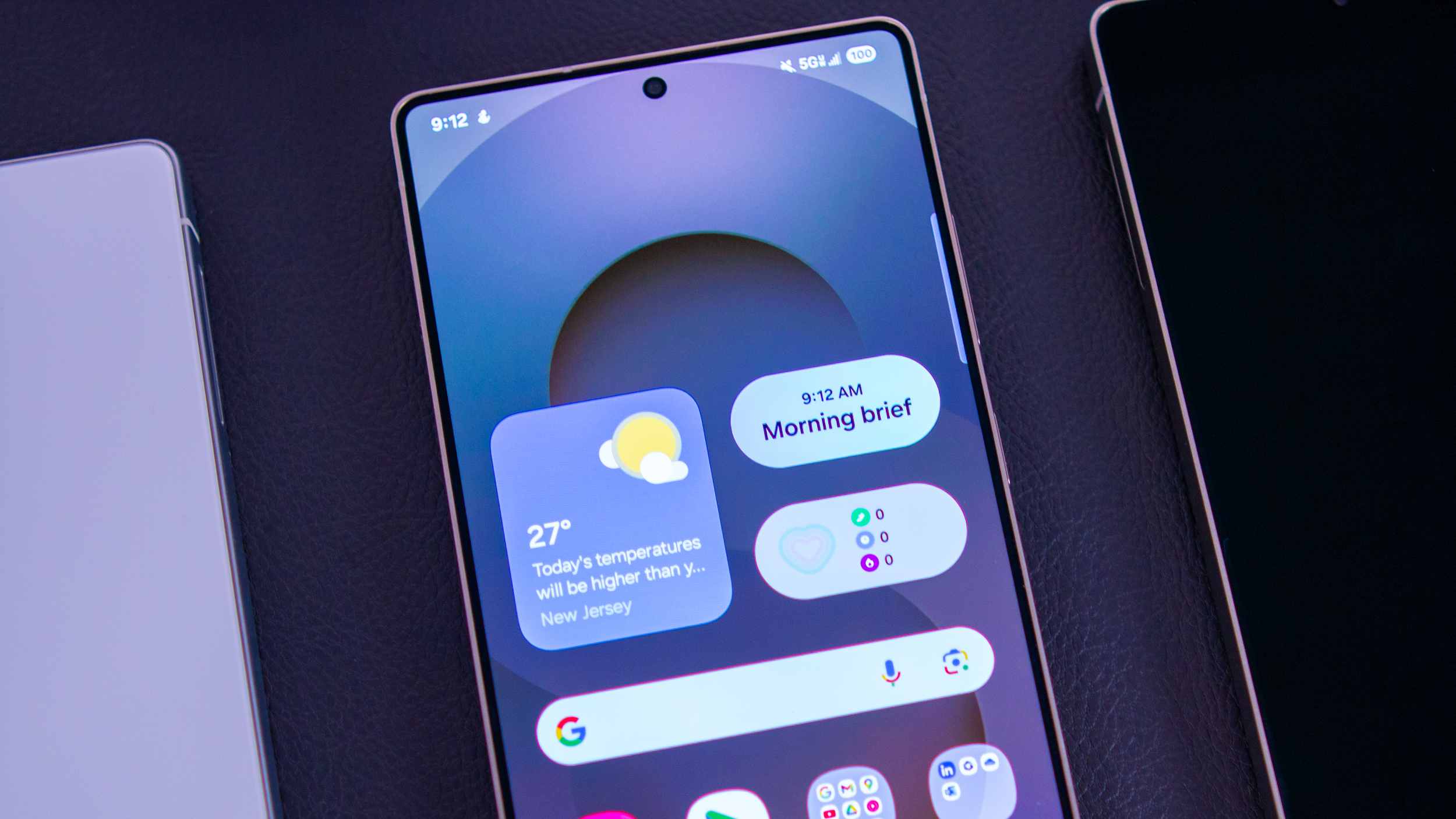Twitter bringing changes to API access that's bound to affect Android developers

Get the latest news from Android Central, your trusted companion in the world of Android
You are now subscribed
Your newsletter sign-up was successful
Twitter has announced that they will be bringing some pretty big changes in version 1.1 of their API, and these changes are something that will affect just about every third-party Twitter client . In a post today on the official Twitter blog, they explain things a bit, but there's really three major changes:
- authentication is now required on every API endpoint
- there's a new per-endpoint rate-limiting methodology
- changes to our Developer Rules of the Road, especially around applications that are traditional Twitter clients
The first two deal with how often third-party applications can query Twitter, and whether they can do it anonymously. Come March 2013, all developers are going to have to use something like OAuth when making API requests, instead of the current methods that allow an anonymous grab of things like Tweets on a current trend, or with a certain string of text embedded. This really only affects scrapers and aggregators, so it's not that big of a deal for app developers. The rate-limiting will adjust how often apps can use the API, which currently sits at 350 times per hour. With the new changes, different types of API calls will have different limits. The example limits given by Twitter have 60 calls per hour, per endpoint listed. That means that you can send 60 Tweets, look at 60 user profiles, and refresh 60 times in an hour. These changes will be live in "the coming weeks". On the surface, these changes make sense, and developers should be able to work with them in most cases.
The last change is the big one. Twitter is tightening the rules for unofficial clients, in ways that isn't likely to go over very well with developers. The three "Rules of the Road" changes they have highlighted are new display requirements, pre-installed mobile applications must be approved by Twitter, and requiring developers with a large amount of users to work directly with Twitter. The new display requirements dictate how Twitter apps will look and feel, and cover things like @ links and re-tweet formats. The approval of pre-installed apps means folks like Samsung and HTC who build Twitter into their software will have to get approval if they continue to bundle in the service. If developers ship a product without this approval, Twitter may revoke the applications use of the API. The last portion, which affect popular clients like Plume, spells out that apps with more than 100,000 users will have to work with Twitter. This isn't immediate, as apps that currently have more than 100,000 users will be allowed to grow another 200-percent before they will get limited functionality from the API.
At a quick glance, none of these changes seem too drastic. But the real stickler will be what Twitter will and will not approve. Twitter has been accused of not playing fair in the past, even leading to a probe from the FTC. Developers and Twitter power-users are rightfully concerned, as most of the third-party applications both on iOS and Android offer more than the official clients do. We can't say for sure that these changes will be a bad thing until we see them, but there's certainly plenty of ways things could go wrong. The Internet will be watching to see how this all plays out.
Source: Twitter
Get the latest news from Android Central, your trusted companion in the world of Android

Jerry is an amateur woodworker and struggling shade tree mechanic. There's nothing he can't take apart, but many things he can't reassemble. You'll find him writing and speaking his loud opinion on Android Central and occasionally on Threads.
